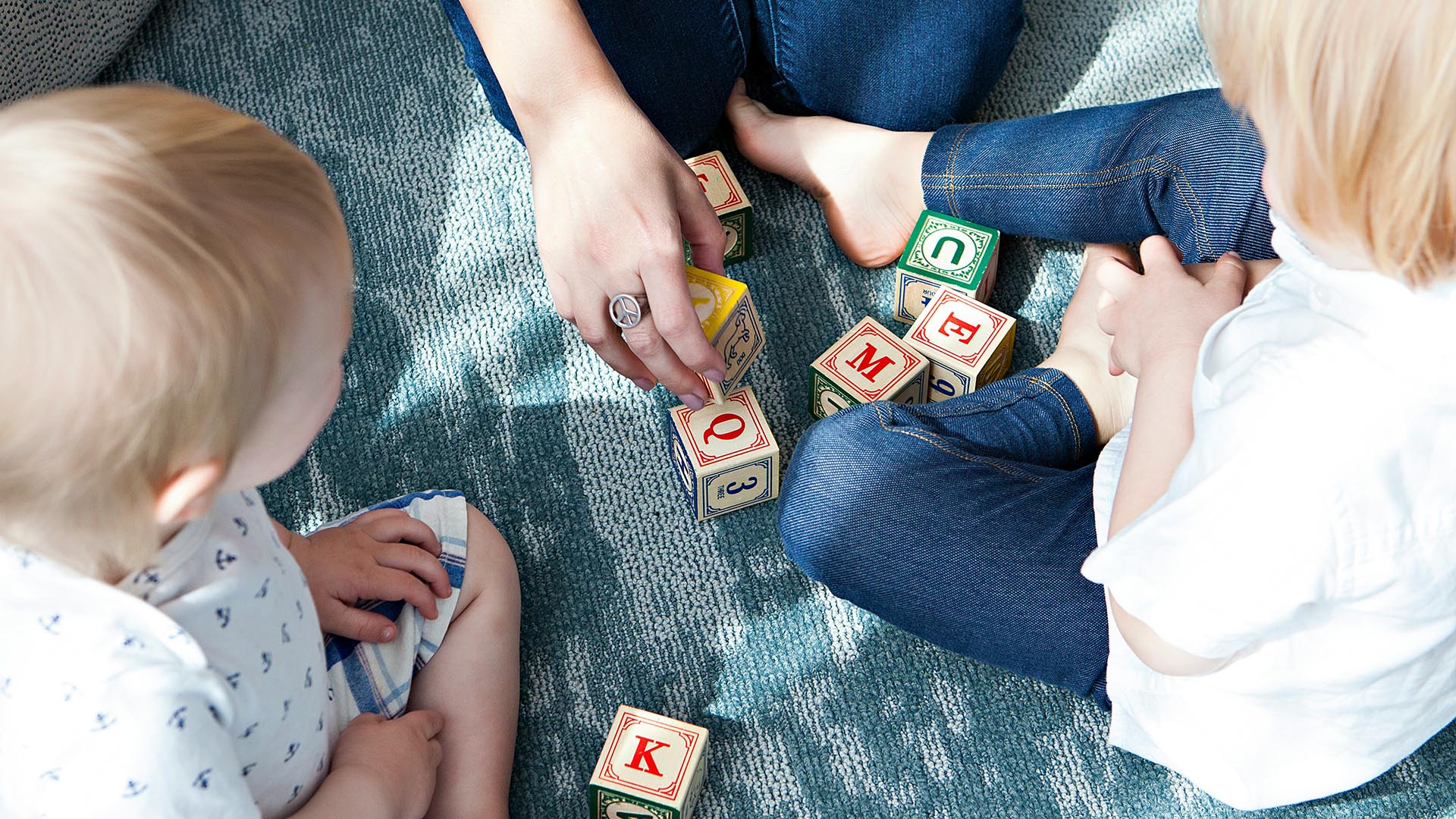The parents we spoke to told us about severe financial hardship they were experiencing, which meant having to cut down on food bills, reducing access to healthy foods for their family, cutting all non-essential spending and in many cases getting into debt because they were unable to make ends meet.
Is child development being harmed?
As a result of these constraints, we learned that young children in affected families are losing out on opportunities to learn and play.
Their parents reported not being able to afford toys, books and games or to take part in valuable opportunities such as trips to the swimming pool, family days out, or visits to arts or cultural places. They also had to cut back on early education and childcare because, even with existing subsidies, it was too unaffordable or too complicated to access.
Parents also reported that they were really struggling to provide for their family and this was causing them severe stress, with negative effects on their mental health and wellbeing – with knock-on effects for the whole family.
Long-term consequences of the two-child benefit cap
Whilst this was of concern for parents in the here and now, they were also concerned for the futures of their children long-term. Policymakers who wish to address early childhood inequalities should also share these concerns.
Exposure to poverty could affect children’s development either through a lack of investment in the resources they need (eg healthy food, good quality housing and educational opportunities) or through the impact of family stress which could reduce the quality of day-to-day interactions in the home.
Advertising helps fund Big Issue’s mission to end poverty
In our study we found evidence that young children living in families affected by the two-child limit could be negatively affected through both of these pathways.
Parents told us that the severe financial hardship their children are exposed to is reducing their access to early learning opportunities and putting enormous stress and pressure on their parents, with impacts on the whole family’s well-being.
Is the two-child benefit cap a policy conflict?
This potentially puts the two-child limit policy in direct contradiction with the goals of other government policies such as Family Hubs and Start for Life, which aim to help reduce health and educational disparities starting from early childhood.
Seven years on from the initial introduction of the two-child limit policy, there remains an urgent need to tackle early childhood inequality, as the outcomes for children in low income families continues to lag behind their peers. In 2022, disadvantaged pupils eligible for free school meals were already 4.8 months behind their peers at age five. By the end of secondary school, this gap had increased to over 18 months.
Fairness for children, as much as adults
The findings of our study should prompt deeper consideration of societal fairness towards children, not just adults. At Nesta we have a mission to close the school readiness gap at age five, and we’re concerned about the role that the two-child limit could be playing in widening this gap, potentially exposing children to deeper financial hardship in their earliest years, and damaging their future health and development as a result. Damage that will require time, energy and public money to try and undo later down the line.
Children affected by the two-child limit could be paying a heavy price for this policy in both the short and long-term, for the sake of perceived equity between taxpayers and benefit recipients. What’s in children’s best interests has been overlooked.
Advertising helps fund Big Issue’s mission to end poverty
In the words of one of the parents who participated in our study: “At the end of the day the people that it affects the most are the children, and it’s not their fault… And it just means that we are setting some kids up to be disadvantaged, or to have a harder life, or not to have the experience that others do for factors that are way beyond their control or influences.”
Louise Bazalgette is the deputy director of Nesta’s ‘fairer start’ mission.
Do you have a story to tell or opinions to share about this? We want to hear from you. Get in touch and tell us more.









